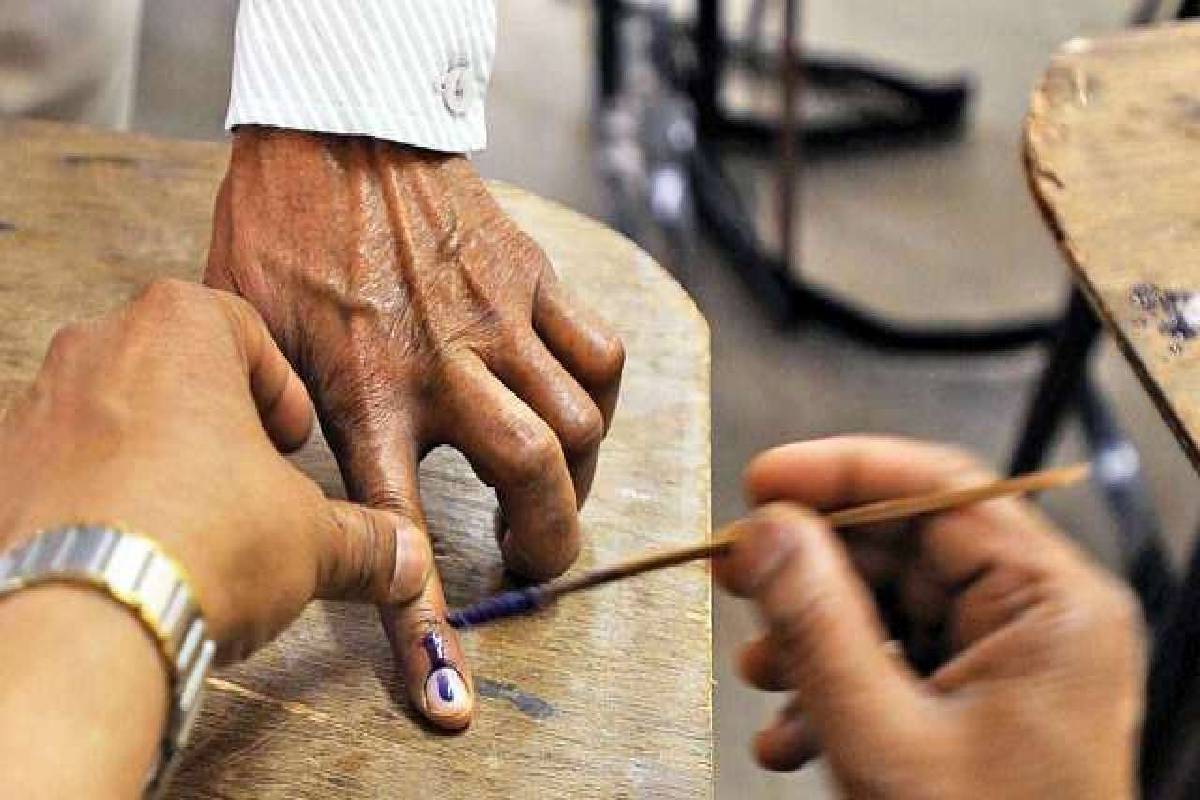Zayed Khan falls in love with Nagaland’s magical Hornbill festival
The Hornbill Festival, held annually in Nagaland, celebrates the state’s rich cultural heritage and tribal diversity through vibrant music, dance, crafts, and cuisine.
In a significant milestone for Indian democracy, Nagaland held its first civic elections in 20 years, featuring 33 per cent seat reservations for women.

(Representational image)
In a significant milestone for Indian democracy, Nagaland held its first civic elections in 20 years, featuring 33 per cent seat reservations for women.
This move marks a historic moment for the northeastern state, as it is the first time urban local body (ULB) elections have been conducted with such a reservation, according to the Nagaland State Election Commission (SEC). The vote counting is set for June 29.
Advertisement
The elections, last held in 2004, faced numerous obstacles over the years, mainly due to opposition from tribal bodies and civil society organisations. These groups had objected to the Women’s Reservation Bill, which hindered similar polls from taking place in the past.
Advertisement
Over 2.23 lakh voters, including 1,13,521 women, participated in this crucial election, determining the fate of 523 candidates across various political parties.
The elections saw participation from major parties like the NDPP, BJP, and Congress, with voting conducted through ballot papers in 420 polling stations.
To ensure smooth conduct of the elections, authorities imposed prohibitory orders under Section 144 of the CrPC in Dimapur, Chumoukedima, and Niuland districts from the evening of June 25 until the evening of June 27. Nagaland, with three municipal and 36 town councils, saw 64 candidates elected uncontested. Another 253 candidates competed for the remaining positions.
The influential Nagaland Baptist Church Council appealed for “one person, one vote, and vote without influence” to promote free and fair elections.
Nagaland enacted its Municipal Act in 2001, and the first ULB elections were held in 2004 without women’s reservations. Subsequent attempts to hold elections with a 33 per cent reservation for women were thwarted by tribal organisations, who argued that such reservations infringed on Naga customary laws protected under Article 371(A) of the Constitution.
A notification for the next ULB polls was issued in 2012, but elections were not held due to persistent objections. In 2017, efforts to conduct elections with women’s reservations led to protests and violence, with government buildings being attacked and set ablaze.
Despite these challenges, Nagaland has now taken a significant step towards gender equality and democratic participation, with the current civic elections marking a new chapter in the state’s political history.
Advertisement